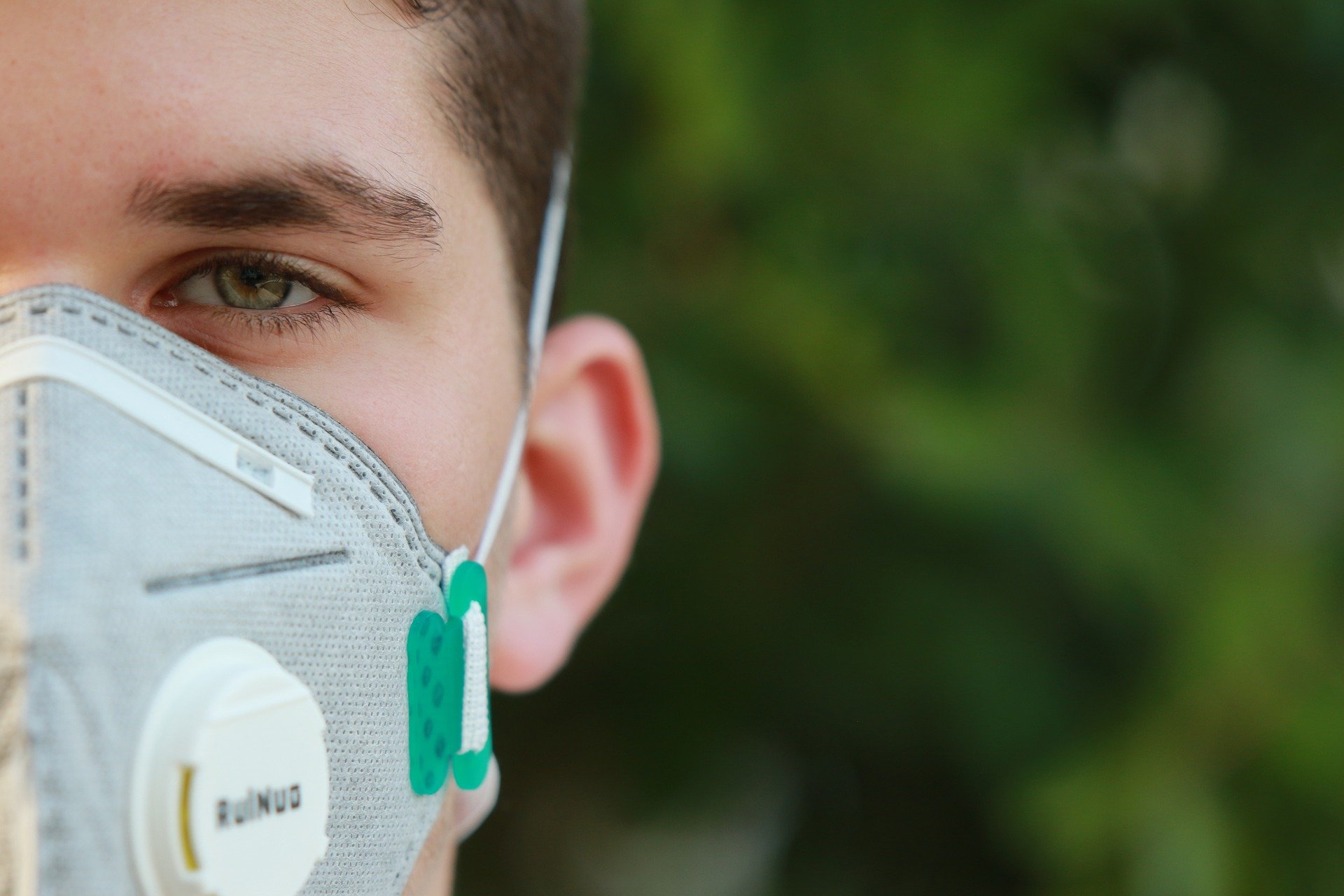As coronavirus continues to reorder our lives, few people have stopped to think about the consequences the crisis will have for higher education. But they should. Without government intervention, coronavirus, and the economic crisis it has spurred, will bring higher education as we know it to the brink of collapse.
I teach Sociology and Criminology at Fort Lewis College, a majority-minority serving institution located in rural, southwest Colorado. Through my work in the classroom, it is clear to me that post-secondary education is a net benefit for everyone. Although only 30 percent of Americans graduate from college, the advanced skills that individuals learn at universities contribute to higher standards of living for all.
College graduates improve the way we run businesses, influence how we organize local governments, and strengthen social welfare nets within our communities. They also contribute to advances in health care, improve our built infrastructure, help organize society in more sustainable ways, and nurture the educational growth of the next generation by working in public schools.
In short, post-secondary education is a public good that has broad communal benefits for everyone. This explains why government officials in the U.S. have traditionally offset the costs associated with pursuing a college degree. However, this trend has reversed itself in recent decades as lawmakers have reduced public funding for higher education.
Privatization of Higher Education
Since the 1970s, higher education in the U.S. has drifted toward the private sphere. The average cost of a four-year degree has increased by nearly $64,000 since 1987 alone, representing a 161 percent climb. Meanwhile, state and federal subsidies for higher education have fallen precipitously. As a result, although we continue to refer to “public universities,” higher education is almost exclusively a private venture.
The privatization of higher education was sped up by the Great Recession, which led to a massive decrease in funding for college campuses. As the crisis set in, state and federal funding was cut, and institutions were left to make up for losses by raising tuition. Between 2008 and 2018, tuition at four-year institutions increased by 37 percent. Tuition hikes shifted the burden of higher education away from state and federal governments and onto the backs of students.
Increases in tuition helped assuage the loss of government funding, but the privatization of education resulted in the commodification of students. As a result, following the 2008 recession, administrators took on more and more debt to make their campuses appealing to would-be students. Universities and colleges across the nation begin building attractive new dorms, lavish stadiums, and innovative classrooms with state-of-the-art technology. By 2017 campuses owed a staggering $240 billion – 60 percent of which was held by public institutions. Unfortunately, enrollment failed to keep pace with spending, leaving many campuses with unmanageable debt.
Impending Recession
Today, as our country plunges into a recession with few precedents, higher education finds itself in uncharted territory. Unlike 2008, there is very little fat left to cut out of college budgets, which, without government subsidies, are at the whim of the market.
To make matters worse, as personal fortunes disappear on Wall Street, college endowments face tough years ahead, further limiting what administrators will be able to do internally to manage budget crises. As is customary, administrators will pass hiring freezes, reduce travel, and forgo cost of living adjustments for faculty and staff. But this time around, draconian budget measures are unlikely to right the ship.
https://twitter.com/joshuacobler/status/1240341822909513728
Typically, recessions lead to enrollment bumps as workers pull out of turbulent labor markets in search of new skills and abilities. In fact, every recession since the 1960s has led to an increase in college enrollment. However, evidence suggests that spikes in enrollment may be short-lived or non-existent this time around.
Despite a historically strong economy, higher education’s future was in peril even before the economy began to crash. Prior to the economic downturn, experts predicted that within the next ten years, at least half of colleges and universities would close their doors due to a demographic cliff without precedent in U.S. history.
Aging Country
For most of its history, the U.S. has been a young country. Long a nation of immigrants, the U.S. has consistently received waves of young migrants eager to improve their lives through hard work and education. But today, the country is aging.
The average U.S. resident in 2018 was 38 years old, compared to only 29 in 1960. As a result, the population of college-age citizens is quickly approaching a demographic precipice. As USC professor Robert Massa points out, “[W]hile America’s colleges and universities are expected to enroll a more diverse student body in the coming years, they will also face financial strain as fewer students enroll and more families lack the means to pay tuition.” The current economic crisis may well speed up this process.
Barring significant government intervention, institutions of higher education, like Fort Lewis College, will suffer unprecedented hardship in the months and years to come. The cost of supporting colleges and universities through this period will be enormous, but the cost of losing institutions of higher education altogether would be even higher, for education and democracy move in the same direction.
And thus, we find ourselves at a crossroads in which we can either renew our commitment to higher education and democracy or risk stepping into the darkness of tyranny.
DISCLAIMER! The views and opinions expressed here are those of the author and do not necessarily reflect the editorial position of The College Post.



